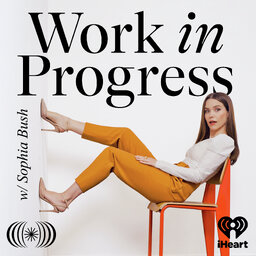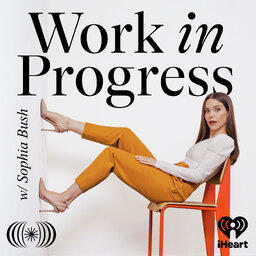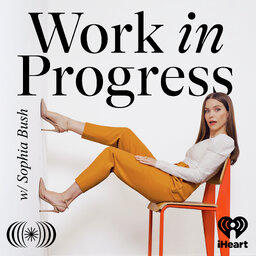Today on Work In Progress, Sophia is joined by Jonathan Webb (@webbjonathan). Jonathan is an entrepreneur and the founder and CEO of AppHarvest (@appharvest), a company that is helping to turn his dream of a high-tech farming hub in Appalachia into reality. Before founding AppHarvest, Jonathan worked with the U.S. Department of Defense on one of the largest solar projects in the Southeastern United States. AppHarvest is building some of the largest indoor farms in the world, combining conventional agricultural techniques with today’s technology to grow non-GMO, chemical-free produce to be sold to the top 25 U.S. grocers. Jonathan strives to work alongside the hard-working men and women of Eastern Kentucky and build a resilient economy for the future. On today’s episode of Work In Progress, Sophia and Jonathan discuss Jonathan’s childhood growing up in Kentucky, his time with the Department of Defense & the work he has done in the energy world, the Netherlands and its high-tech greenhouses, innovating the way we source energy, how to better bring people together and improve the agricultural future of our country and world, Jonathan’s company AppHarvest...and so, SO much more.
In 1 playlist(s)
Work in Progress with Sophia Bush
Work in Progress with Sophia Bush features frank, funny, personal, professional, and sometimes even …Social links
Follow podcast
Recent clips

Work in Progress: Jeannie Mai
55:24

Work in Progress: Mika Brzezinski
1:01:11

Work In Progress: Sophia answers fan questions
23:52
 Work in Progress with Sophia Bush
Work in Progress with Sophia Bush